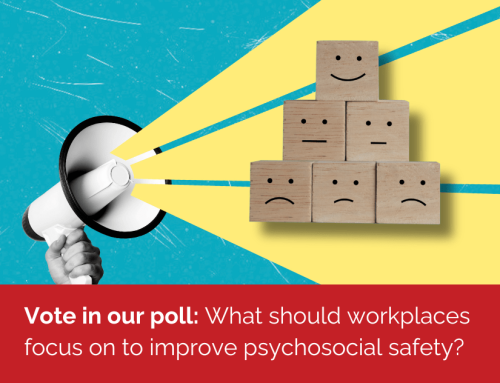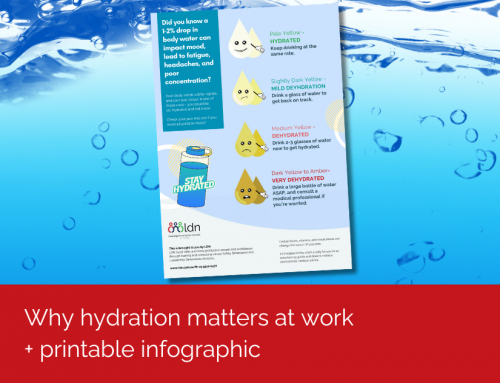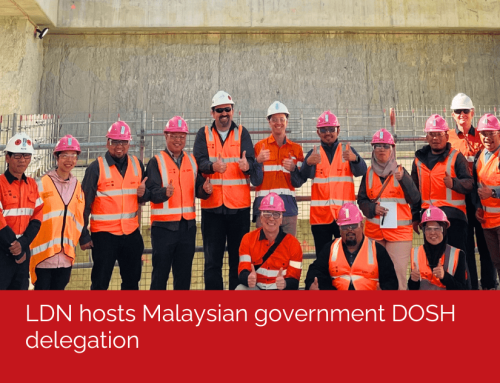
Getting push-back on your new policies?
Let’s be real—policy and procedure roll-outs flop when employees don’t see the point. Is your engagement strategy “do it because we say so”? That’s a fast track to disengagement and frustration.
Employees naturally size up policies through their own lens: Does this even matter to me? If it feels irrelevant, unfair, or like just another box to tick, resistance is a guarantee. Here’s the kicker: policies only work when employees see their relevance. Show them why the policy matters—how it impacts their safety, supports their success, and aligns with your organisation’s goals. When the ‘why’ clicks, engagement follows and change sticks.
What makes LDN’s approach unique? We focus on the ‘Why’
At LDN, we don’t do stock standard boring policy roll-outs. We uncover the why behind every policy and bring it to life in ways that matter to your team. Through customised programs and workshops, we make sure employees don’t just hear about the policy—they discover for themselves why it’s relevant to them.
Whether it’s improving their safety, meeting legal obligations, building a more inclusive workplace, boosting their success, or supporting your organisation’s bigger goals, we help connect the dots so policies don’t feel like mandates—they feel like commitments your people want to follow.
Case Study: Making Drug and Alcohol Testing Policies Work
The Challenge
A long-standing organisation needed to introduce a drug and alcohol testing policy but anticipated push-back. Many staff had been with the company for years, and the workplace culture was built on trust, not mandates.
Our approach
We started by reframing the conversation to focus on why the policy mattered. The goal wasn’t just compliance – it was about preventing impairment and keeping employees safe. By positioning the policy as part of a broader focus on safety and wellbeing, we made it relatable and relevant.
Here’s what we did:
We reframed the issue : Instead of centering the discussion solely on drug and alcohol testing, we broadened it to ask, What might impair you at work? This opened up conversations about fatigue, dehydration, mental health, physical health, and substance use. By placing testing within a larger framework of preventing harm, employees could see how it fit into the wider safety strategy.
Highlighted the support systems: We looked beyond the policy itself and explored how the organisation could support employees in managing risks. The workshop emphasised existing resources like mental health programs, wellness initiatives, and flexible scheduling. Drug and alcohol testing became just one piece of a wider effort to promote wellbeing.
Created transparency: Employees had questions, and we made sure to answer them head-on. From explaining the fairness of the testing process to dispelling myths about its purpose, we were transparent about how the policy prioritised prevention, not punishment. Honest communication broke down resistance and built trust.
The Outcome
Employees connected with the why. They saw how the policy supported their safety and wellbeing, and resistance went away. The rollout was seamless, with full employee buy-in.
More examples of supporting policy implementation
Reminder: Do you have a Right to Disconnect policy?
Organisations should be implementing policies around the Right to Disconnect, the recent workplace entitlement for eligible non-small business employees. This right allows employees to refuse employer or third-party contact outside working hours in specific circumstances. For small business employers and their employees, the right to disconnect provisions apply from 26 August 2025. Learn more here.
 At LDN, we don’t just introduce policies—we make them matter. By starting with the why, we ensure every policy becomes part of a safer, more inclusive workplace culture.
At LDN, we don’t just introduce policies—we make them matter. By starting with the why, we ensure every policy becomes part of a safer, more inclusive workplace culture.




